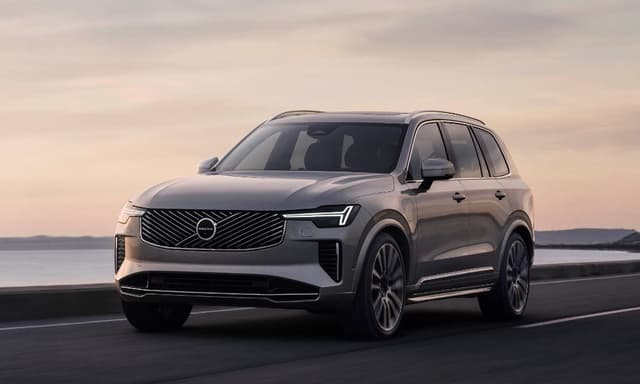Using Smart Charging Technology In The Era Of EVs

Highlights
- Smart charging EVs need to be more common.
- This technology helps reduce pressure on the electricity grid.
- There are several other advantages to this concept.
The demand for electric cars is rising year after year. The need to introduce more environmental friendly technology to slow down destruction of nature is one reason for this but there are several others. In a bid to promote their adoption, a number of administrations from around the world are offering tax rebates to those choosing electric cars. Other factors include the great performance that's on offer through these cars and also savings that one can make from not using petrol or diesel.
And as adoption of electric vehicles increases, there is a rising need for an extensive charging infrastructure as well. Once these infrastructures are in place, however, they would lead to massive pressure on the electricity grid. That's where smart charging solutions come into the picture. While they might not matter much right now, they are incredibly important with the view of the future. Let's find out what they entail.
What is smart charging?

To put it simply, smart charging refers to a charging system in which EVs, charging stations, and charging operators share internet connections. This allows charging stations to monitor, manage, and regulate the charging of cars to optimize energy consumption. This is mainly achieved by reserving the charging time for when electricity use by other means is less. Therefore, as compared to uncontrolled charging, smart charging is able to flatten the electricity usage peak by shifting the peak due to vehicle charging away from the peak due to other consumption.

On the user side of things, smart charging involves smartphone software that allows the user to connect to the charging network. Based on the duration of their charging, they can then set the charging speed and charging time to get the expected price. This will allow them to gain real-time control over the charging of their EV and also help reduce the load on the electricity grid by offering flexibility.
What are the advantages of smart charging?
Some of the advantages of smart charging include:
- Faster charging: Smart charging enables the safe usage of maximum charging power without putting big pressure on the electricity grid.
- Reduced electricity consumption: By switching from home charging to smart charging on public charging stations, you can reduce electricity bills and the fact that you can choose various factors there can help you save up on cash there.
- Optimized charging time: With the use of smart charging, timing can be optimized based on the price at the local electricity market. This helps EV charging balance the supply and demand of electricity and lowers the need for electricity generation.
- Safer charging: Smart charging solutions are equipped with technology that helps them test the connections at both ends for any anomalies. They will imminently inform the owner in case there's a safety issue involved.
- Data reports: Users will receive detailed reports about their charging and performance on the apps installed on their phones.

Smart charging is an extension of the Internet of Things philosophy that needs can easily be implemented right now.














